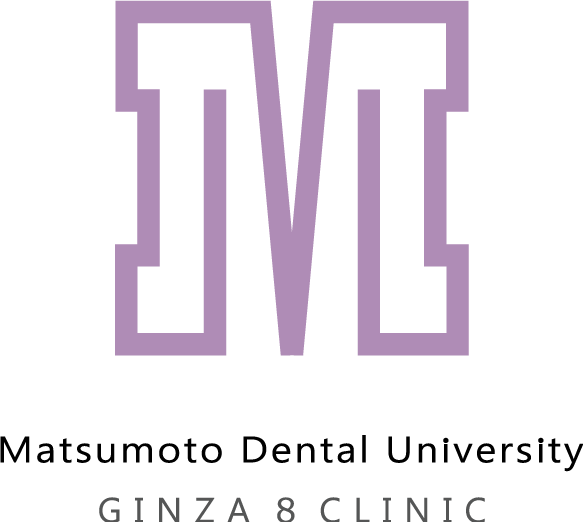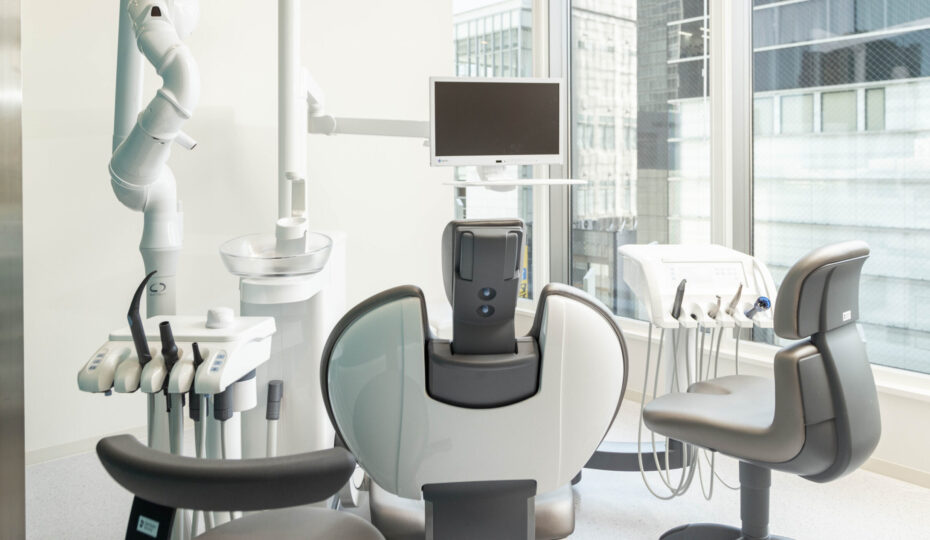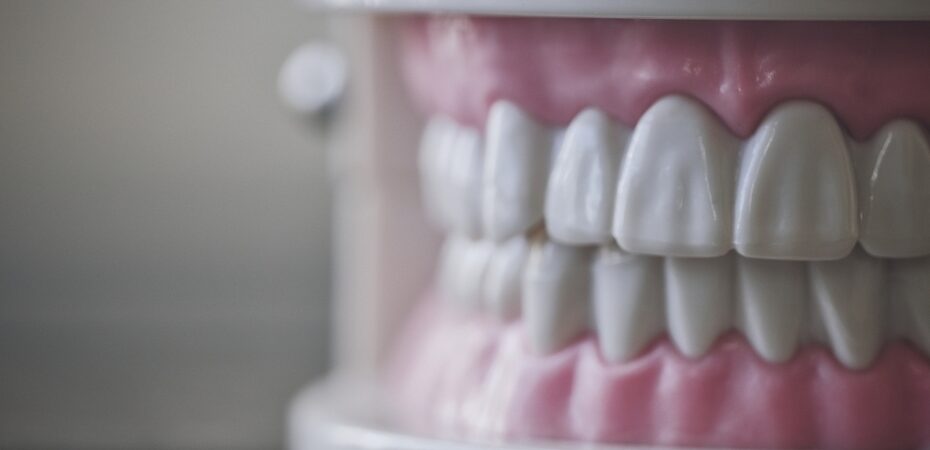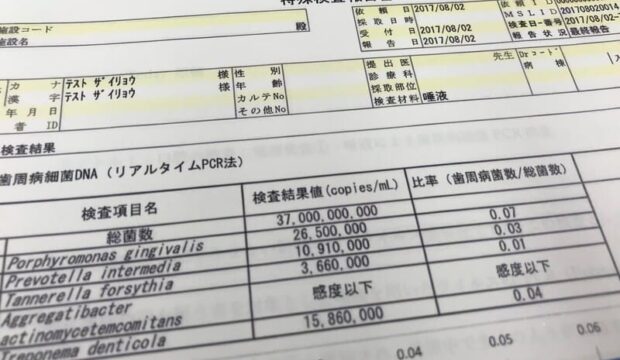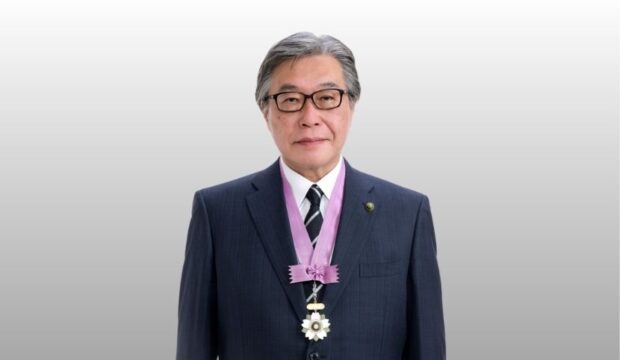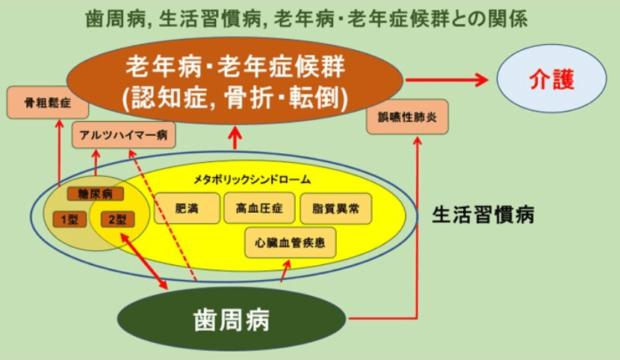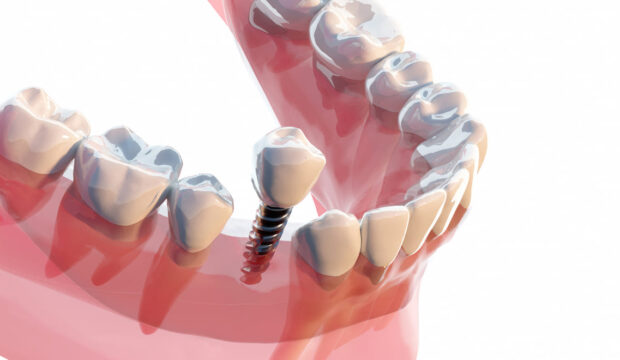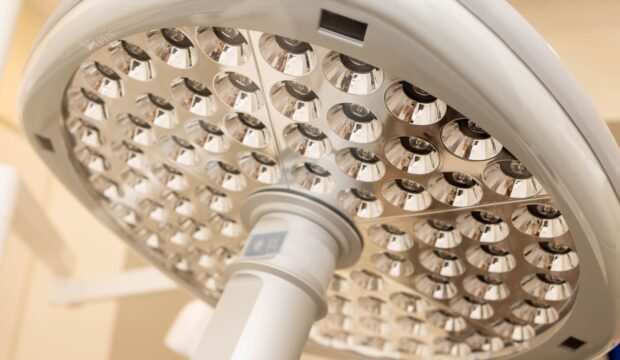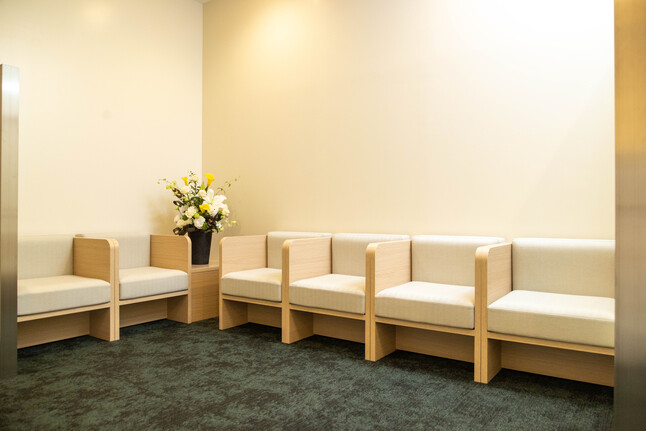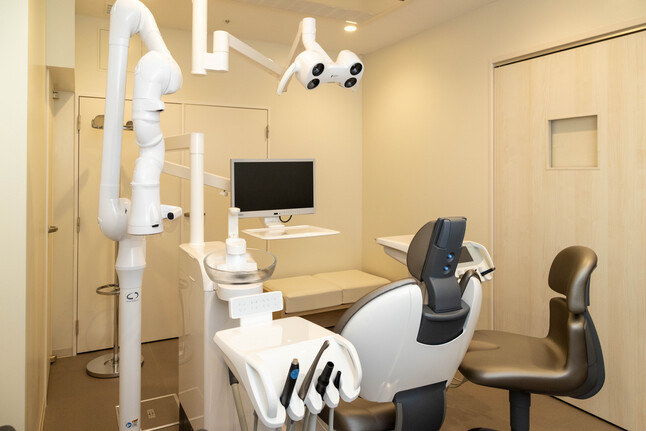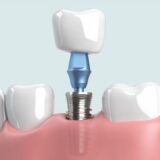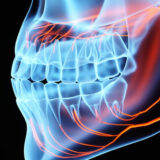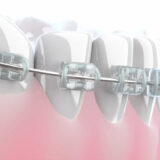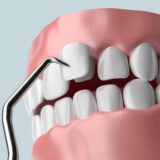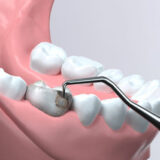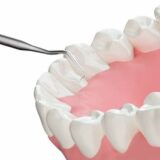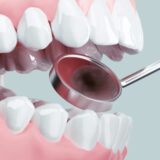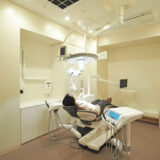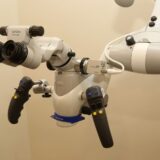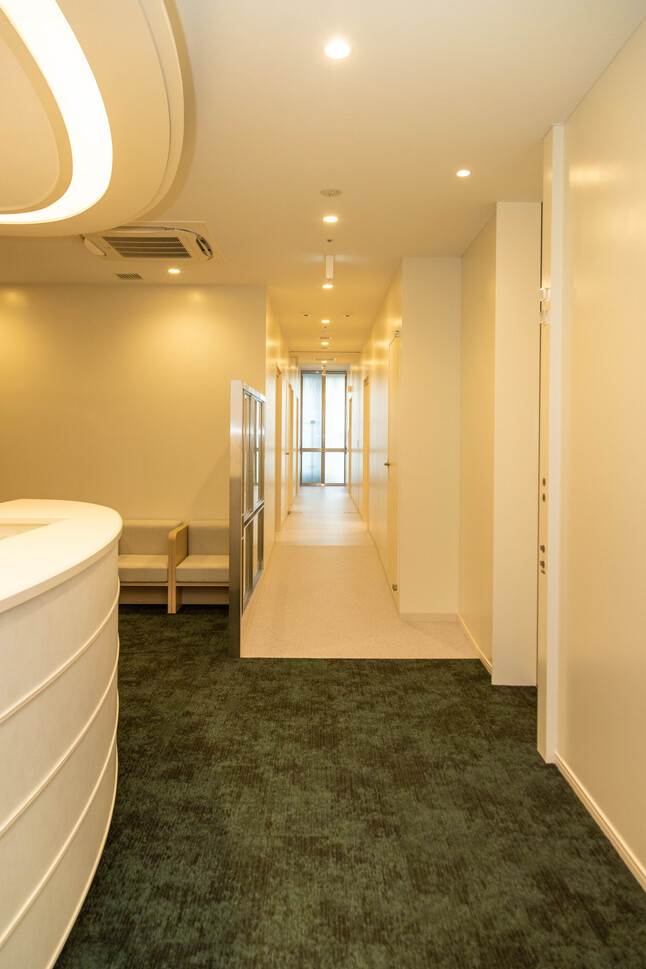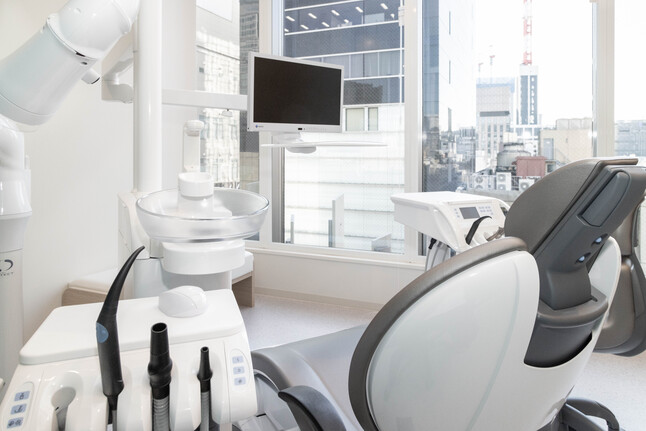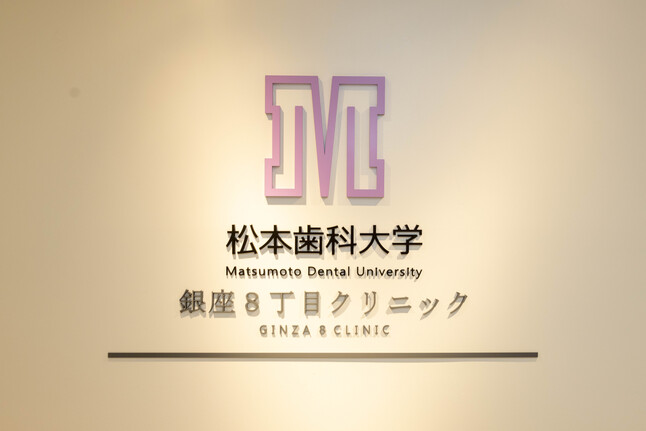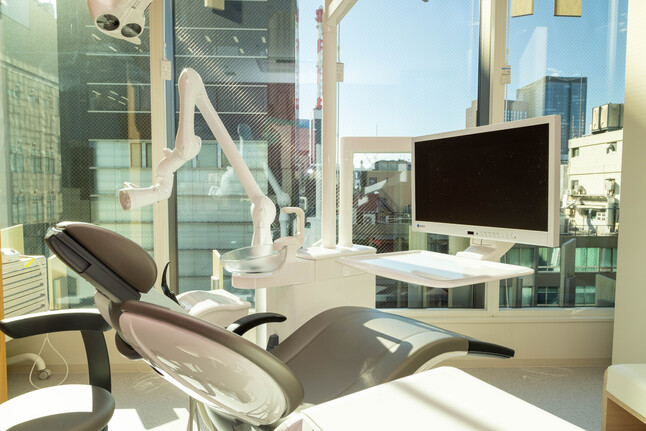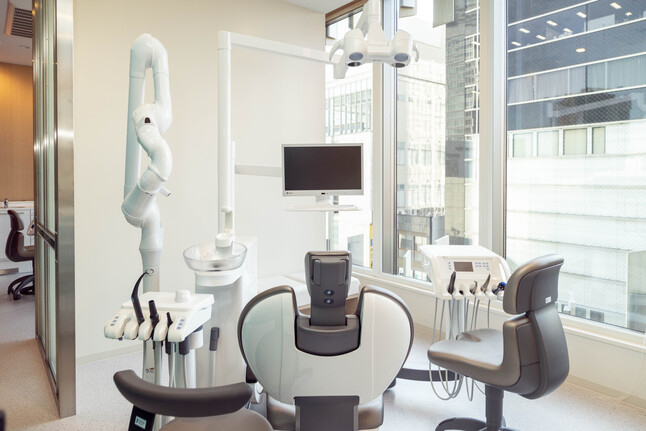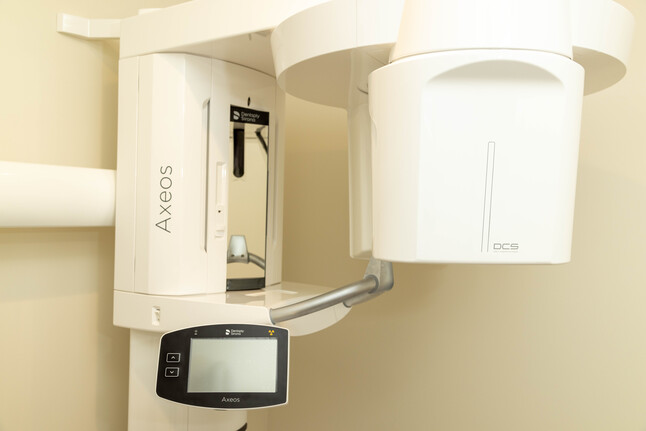It covers various issues related to implants.
Due to the widespread use of implant treatment, many people have been able to benefit from it.
However, on the other hand, we have seen an increase in consultations regarding issues such as post-operative complications, damage to implant restorations, and peri-implantitis.
While our clinic has been addressing implant-related inquiries from before, in response to the needs of patients struggling with these issues, we have established a new clinical department called the “Implant SOS Clinic.”
Our director and staff, who have been involved in implant treatment for many years, will listen to your concerns and provide treatment tailored to your individual symptoms.
Especially after implant surgery, we often see patients seeking assistance for issues like the ones mentioned below.
From examinations to re-restoration for implant-related issues, we will respond according to your preferences.
Please don’t hesitate to consult with us and don’t bear this burden alone.
1. Complications from Implant Surgery
- “Numbness in the lower lip”
- “Persistent discomfort and pain”
- “Symptoms of nasal congestion and runny nose since the surgery”
2. Complications After Implant Prosthetic Treatment
- “Difficulty in pronunciation”
- “Partial fracture of the crown”
- “Inability to chew properly”
- “Frequent biting of cheeks or tongue”
- “Movement of implant teeth”
- “Pain in the teeth on the opposite side that occludes with the implant”
3. Implant Maintenance
- “Unable to perform self-care”
- “Regular dentist has closed the practice”
- “Swelling and pain around the implant”
- “Want a regular checkup for the implant”
- “Bleeding around the implant”
Guidelines for Implant Removal at Our Clinic
1. Absolute Indications for Removal: Cases that removal is necessary
1) Surgical complications resulting from implant surgery
- Nerve damage
- Acute maxillary sinusitis or intrusion into the maxillary sinus
- Implant contacts with the root of adjacent teeth
2) Lack or loss of bone integration (with horizontal or vertical moving)
3) Titanium allergy
4) Implant proximity to oral lesions such as tumors, osteomyelitis (including MRONJ), cysts, fractures, or suspected causes
5) Impairment due to radiation therapy
2. Relative Indications for Removal: Cases that removal is considered, taking into account the patient’s preferences
1) Bone absorption due to biological complications
- Inadequate control of inflammation or marginal bone absorption despite active surgical intervention for implant peri-implantitis
2) Mechanical complications leading to component damage
- Fracture of the implant body
- Fracture of abutment screws and not able to remove the abutment screws
- Deformation or damage to the internal structure of the implant body
3) Issues with the implant’s embedding position (aesthetic, functional, cleanliness)
4) Cases requiring repair with new components in implant systems where parts are not commercially available
※This guidelines does not take into consideration the patient’s overall health condition. The systemic risk associated with the surgery is equivalent to the risk of minor oral surgical procedures.
Oral Surgery Handbook ’19: Oral Surgery YEAR BOOK; 51-63. 2019
Separate Volume Quintessence, Quintessence Publishing
Authorization of books
This book related to the “implant trouble” written by Professor Yajima Yasutomo.
1)”Criteria for Implant Removal and Selection of Removal Methods”
口腔外科ハンドマニュアル’19 : 口腔外科YEAR BOOK;51-63. 2019
別冊クインテッセンス、クインテッセンス出版
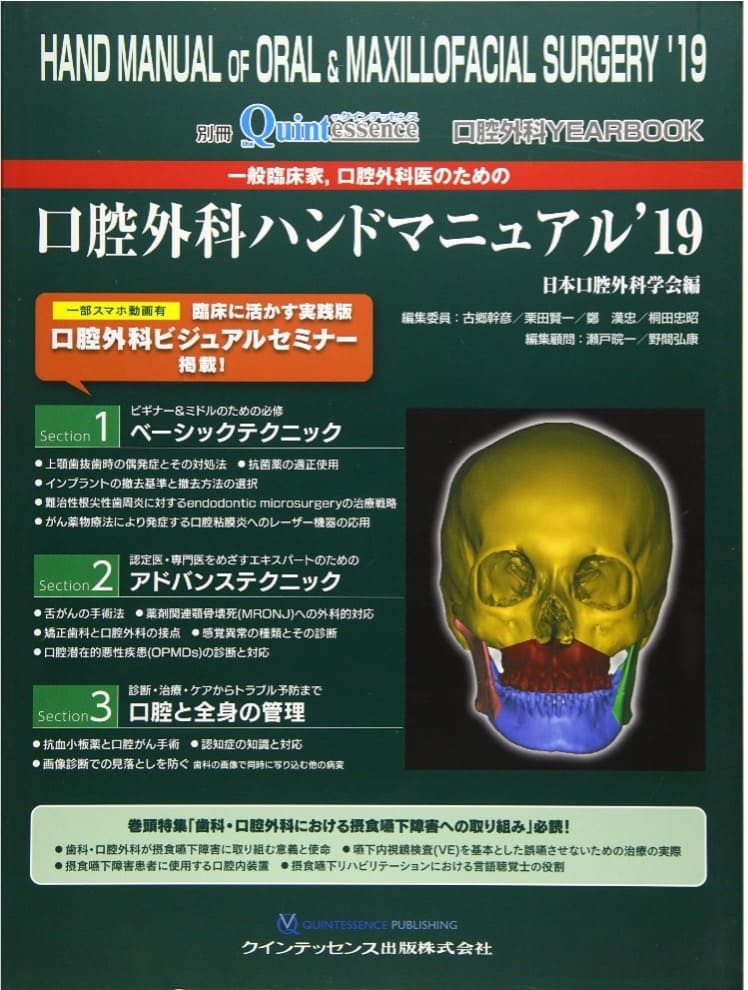
2)”Implant Troubleshooting: Immediate Solutions When in Trouble”
Author: Yasutomo Yajima (Editor), Youichi Nakagawa (Editor)
This book addresses the increasing problems and medical accidents related to implants by presenting clinical cases from two perspectives: “how to deal with actual occurrences” and “how to prevent them from happening.”

